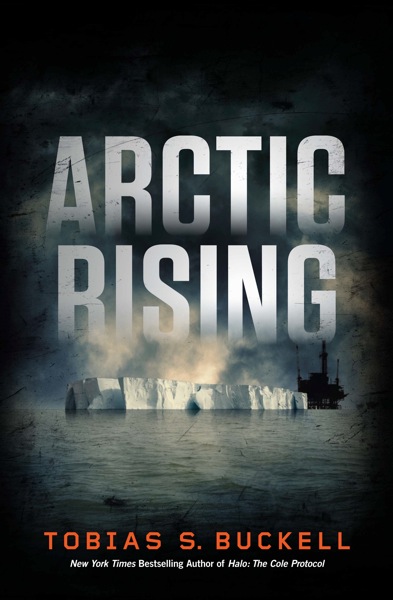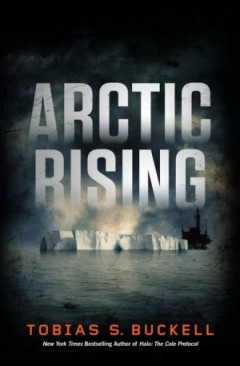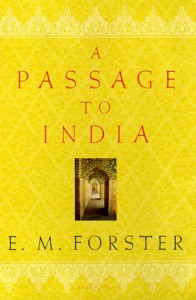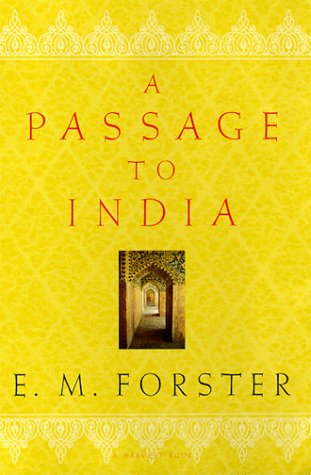
I have previously read and reviewed Tobias S. Buckell’s Crystal Rain and Ragamuffin, both of which I enjoyed. On the other hand, I am skeptical of alarmist claims about global warming. So it was with some ambivalence, a mixture of excitement and trepidation, that I began reading my advance review copy (ARC) of Buckell’s latest novel — his first foray into techno-thrillers — Arctic Rising (Tor, 2012). Though he had me worried a time or two, I was pleasantly surprised and glad I read it.
Arctic Rising is set in the near future — the Earth is warmer and the Arctic Circle is largely ice-free year-round. States and corporations are racing to take advantage of the new oversea North Pole trade route and the untapped resources made accessible by the receding ice. As you might expect, this is a situation ripe for political conflict, and environmentalists are none-too-happy with the change in climate either.
Buckell handles the environmental angle fairly gracefully. The global warming issue mainly shows up as background, for the setting, and as a plot device. Speaking of the plot, don’t read the GoodReads description of the book if you prefer to avoid major spoilers.
For the most part he avoids thumping you over the head with an ideological bludgeon. The one time I got really worried he was going to spoil the book for me was about 3/4ths of the way through when the co-founders of a green energy corporation go off on a talking point–ridden tag-team duologue, but let’s just say that the impact was lessened by the way they were subsequently portrayed.
Unlike many environmentalists I’ve encountered, Buckell has no difficulty recognizing that global warming would be harmful to some but also beneficial to others; that, contrary to the frequent warnings of doom and gloom, it wouldn’t be all bad. Sea levels would rise. But rising temperatures would open up more arable land in the north. While already hot regions might get detrimentally hotter, colder climes would get warmer as well and benefit from longer growing seasons. Resources previously buried under tons of ice would become open to exploitation. Moreover, once people have adjusted to the warmer temperatures, a return to colder temperatures of previous decades would result in winners and losers as well. There are no neutral climate changes; any changes in the Earth’s climate will have both positive and negative consequences.
As Arctic Rising opens, we are introduced to our sole viewpoint character — one Anika Duncan, a mixed-race Nigerian airship pilot for the chronically underfunded United Nations Polar Guard. As the story progresses we gradually learn more about her colorful past as a child soldier and later a mercenary pilot. When offered her dream job by the UN, prior to the start of the action, Anika had jumped at the chance for a safer, less eventful career doing what she loved.
And things were nice and quiet for Anika… until a hunch leads her to take a second look at a freighter. When something radioactive in the ship sets off her neutron scatter camera, Anika, thinking they are just nuclear waste dumpers, orders them to prepare for boarding. But the crew respond by blowing her and her co-pilot, Tom, out of the sky and into the still-frigid waters of the Arctic. Something bigger than nuclear waste dumping is going on here.











